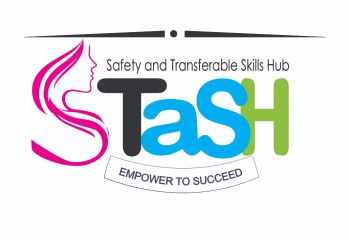The Safety and Transferable Skills Resource Hub (STaSH) Study
By: Anne Gatuguta
Last updated: Tuesday, 29 April 2025

Are transferable skills gendered? Which transferable skills can be used to improve employment opportunities for women? How can we leverage transferable skills training to respond to sexual and gender-based violence (SGBV) in higher education institutions (HEIs) and workplaces? The University of Sussex (UK) and Kenyatta University (Kenya) have been funded by the British Council’s Going Global Partnerships Programme to explore these key issues. The team of researchers led by Dr Anne Gatuguta, Assoc Prof at Brighton and Sussex Medical School (BSMS) and Purity Muthima, Senior Lecturer at Kenyatta University, will conduct research aimed at improving employment opportunities for women graduates in Kenya.
Globally, diverse factors contribute to gender disparities in employment and women are disadvantaged in gaining and retaining employment as well as facing significant gender pay gaps. In Kenya, young women have a 14.5% lower probability of being employed compared to men of a similar age; women are more likely to work in vulnerable jobs that lack social protection; and, on average, women are paid 31% less than men. Lack of critical work skills and a mismatch between skills and jobs have been cited by employers as key contributing drivers to low employability of graduates. Despite existing leadership and capacity-building programmes in Kenyan universities, there remains a significant gap in practical transferable skills training—especially for women. Evidence indicates that women are less likely to develop essential skills (e.g., communication, confidence, decision-making, assertiveness) and are more likely to face SGBV, especially sexual violence, both during their studies and in the process of obtaining and retaining jobs. Recent research shows that within the legal profession, 65% of women have experienced sexual harassment and 64% of women students in universities have experienced a type of online violence. Both transferable skills and SGBV have an impact on women’s employment, retention and progression.
To address these dual challenges and improve women’s employment opportunities, an integrated approach that equips women with the skills and resilience to navigate these systemic barriers and fosters safer environments is needed. The team will conduct primary data collection with graduate students and key stakeholders aimed at informing the development of interventions and creating a resource centre, the Safety and Transferable Skills Resource Hub (STaSH) to support students, promote advocacy and engagement with relevant stakeholders.
If you would like to hear more or get involved, please email a.gatuguta@bsms.ac.uk

